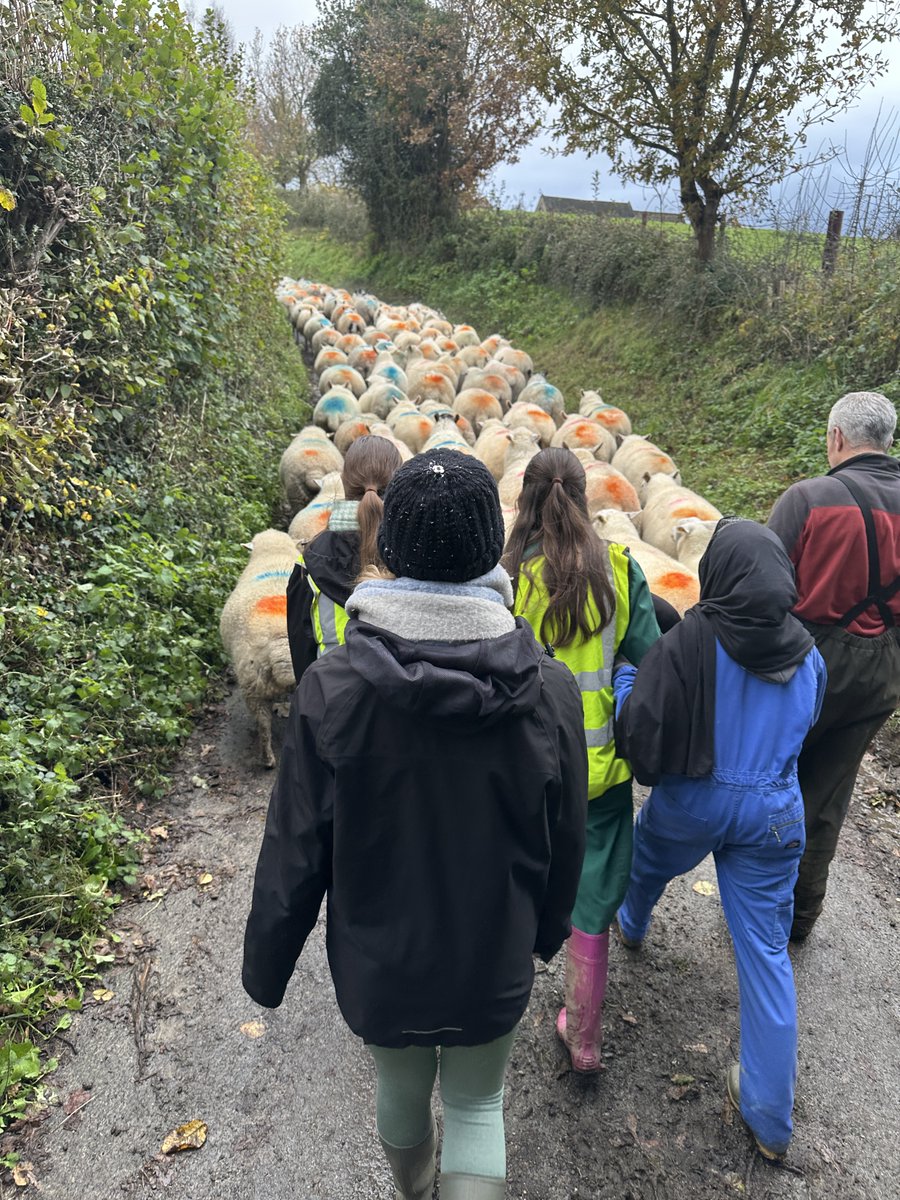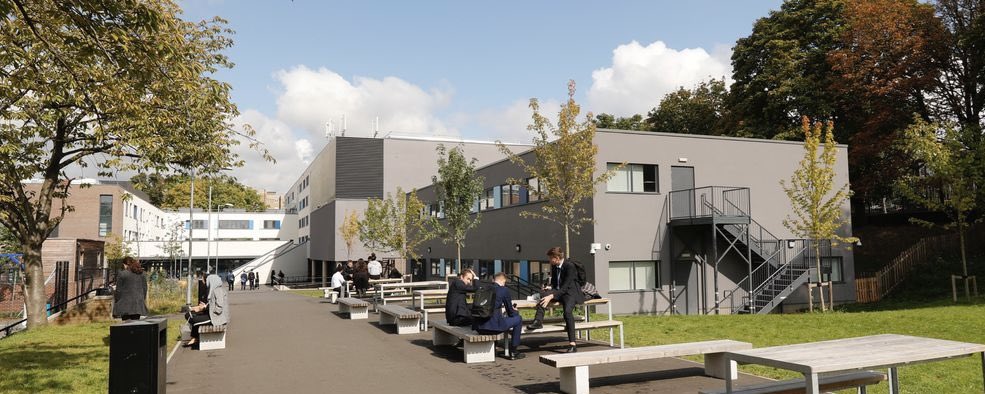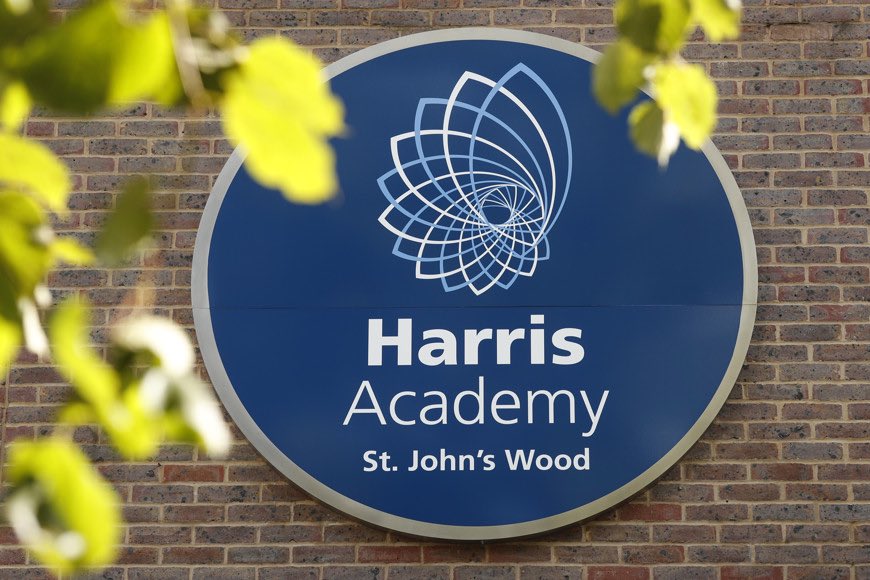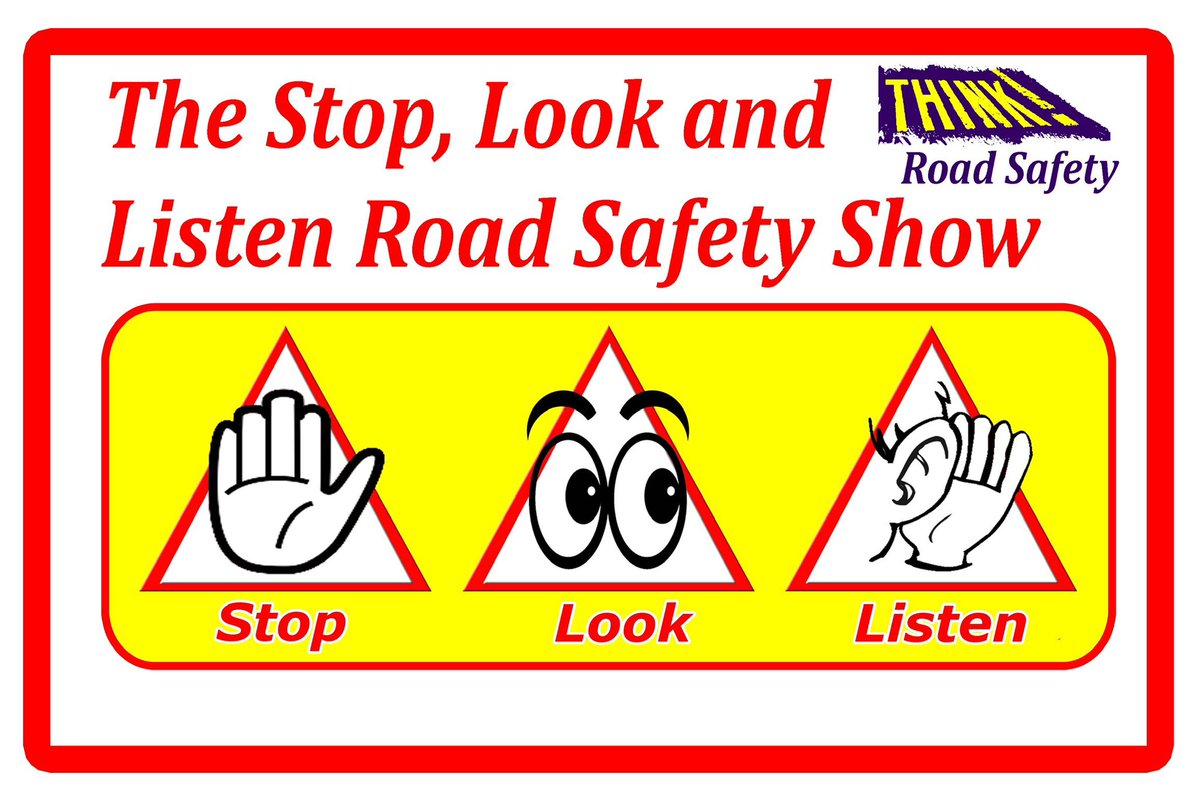Sociology
We study Sociology as it encourages all students to investigate deeper into society. It’s a way of understanding key differences in the world, to having empathy and understanding of social issues. It allows all students the ability to delve into key aspects of their own lives and others, through understanding of social structures and processes, enlightening students to the struggles that members of society may face and how others face them across the world. Through a variety of techniques, we question the world around us and learn to never accept the two-dimensional world many accept. Through abstract theories of society that cross a range of worlds we endeavour to deduce the core reasons why certain actions are performed, why certain reactions can be explained and how we can challenge a plethora of issues in society today.
Principles
Students will learn by;
- Challenging each other with respect and intrigue to understand society
- Through a variety of sociological vocabulary and subject specific words used in context
- Evaluating theories using alternative ways of thinking and critiquing theories of sociology from the 1800’s to the current day.
- Using extended writing to apply our knowledge and to discuss, outline, explain and ultimately understand thoroughly Sociology
- We analyse key concepts such as patriarchy, Social Mobility, Social class and enhance the understanding and application to ensure all students can use this sociological vocabulary
- To create a understanding and well-rounded learners who can be autonomous, determined, and creative in all walks of life.
Key Stage 4 content
In sociology we will study the key concepts that are contained throughout the two years; norms, values, culture and socialisation. As we discuss socialisation in depth we access the nature nurture debate and use this to evaluate the effects of social agencies on an individual. We acknowledge the impacts of class, age, gender and ethnicity on an individual and their socialisation.
Family; As we discuss the various types of family now evidence in the UK and across the world we evaluate the inequalities within that e.g. domestic division of labour, the dark side of the family, power and decision making. We look at family diversity and alternative sociological perspectives on this topic; Marxism, Functionalism, Feminism and New Right.
Education; Being within the education system we assess the private schooling sector and its opportunities in comparison to state schools and how this impacts education success. We develop a student’s understanding of how education develops skills formally and informally and how opportunities may be restricted by external and internal factors.
Social stratification; using a multitude of areas we study such as age gender ethnicity and class we assess the inequalities within these social structures and develop the limitations in opportunities. We look at conflict and consensus approaches to key issues such as meritocracy, social capital and stratification. Socio-economic disparities are discussed as well as disability and sexuality in regard to discrimination and hate crime. We look at poverty and the poverty trap using contemporary examples and the impact of globalisation within the topic.
Crime and deviance; Sociologists have delved into crime and deviance for centuries, applying a variety of theories to criminal activities to solve the question; ‘why do we commit crime’, why are there patterns of criminal behaviour within the lower classes? How white collar crime is hidden by the media? How gender, class, age and ethnicity all can influence how criminal we can be.
Research Methods; Throughout the examination there will be questions based on how sociologists would research a certain topic and often asking the student to decode statistical information. The students will learn about the different types of data and how this can be used to measure trends and patterns and informs social issues. We will evaluate methods such as Questionnaires and interviews as to which are the most accurate techniques.
Key Stage 5 content
Education
Achievement of social groups by social class, gender and ethnicity in contemporary society, relationships and processes within schools, with particular reference to teacher/pupil relationships, pupil identities, the significance of educational policies, including policies of selection, marketisation and privatisation, and policies to achieve greater equality of opportunity or outcome, for an understanding of the structure, role, impact and experience of and access to education; the impact of globalisation on educational policy.
Families and Households
Changing patterns of marriage, cohabitation, separation, divorce, childbearing and the life course, including the sociology of personal life, and the diversity of contemporary family and household structures, gender roles, domestic labour and power relationships within the family in contemporary society, the nature of childhood, and changes in the status of children in the family and society.
Beliefs in Society
The relationship between different social groups and religious/spiritual organisations and movements, beliefs and practices, the significance of religion and religiosity in the contemporary world, including the nature and extent of secularisation in a global context, and globalisation and the spread of religions.
Crime and Deviance
Crime, deviance, social order and social control, the social distribution of crime and deviance by ethnicity, gender and social class, including recent patterns and trends in crime globalisation and crime in contemporary society; the media and crime; green crime; human rights
and state crimes crime control, surveillance, prevention and punishment, victims, and the role of the criminal justice system and other agencies.
Careers
Law, Social Work, Youth Work, Criminology, Teaching, Politics.
Exam Specifications
WJEC GCSE Sociology
AQA A Level Sociology
KS5 Assessment Overview

Curriculum Overview KS5


Curriculum Overview KS4


KS4 Assessment Overview




















